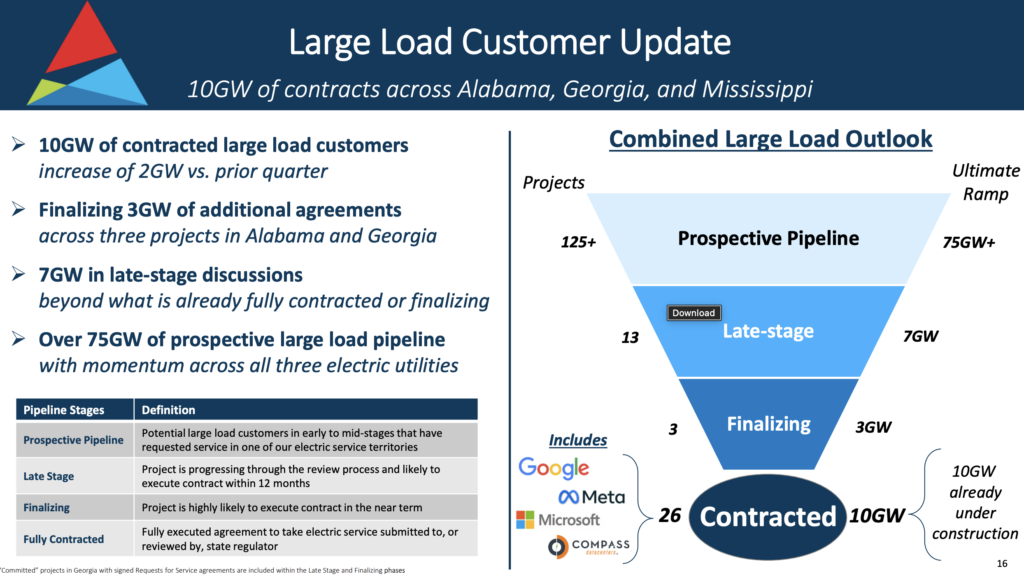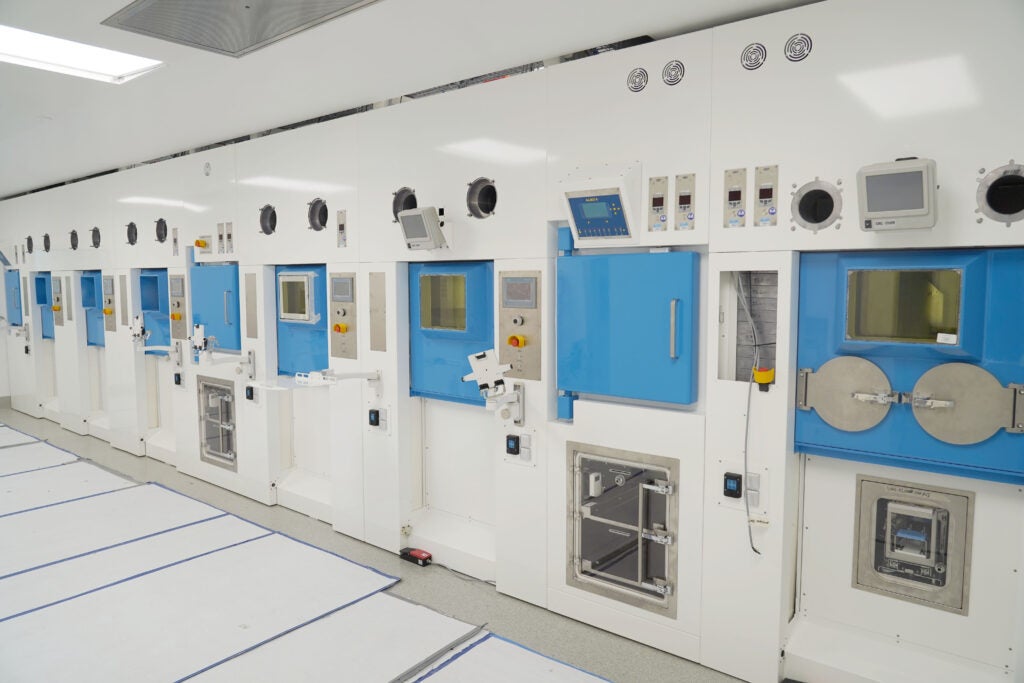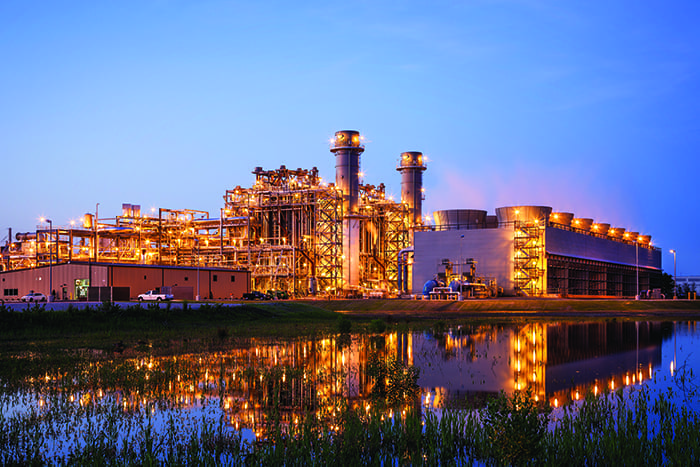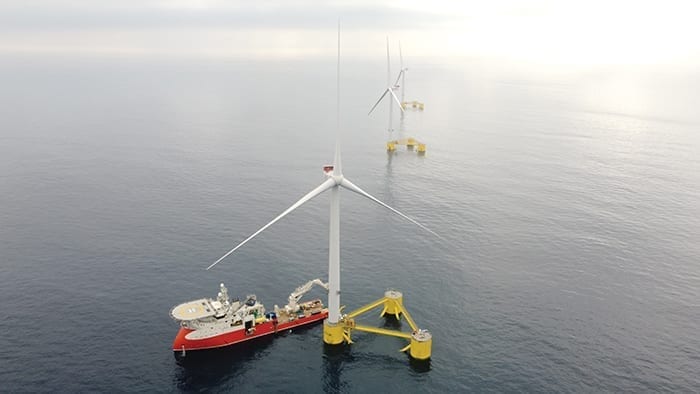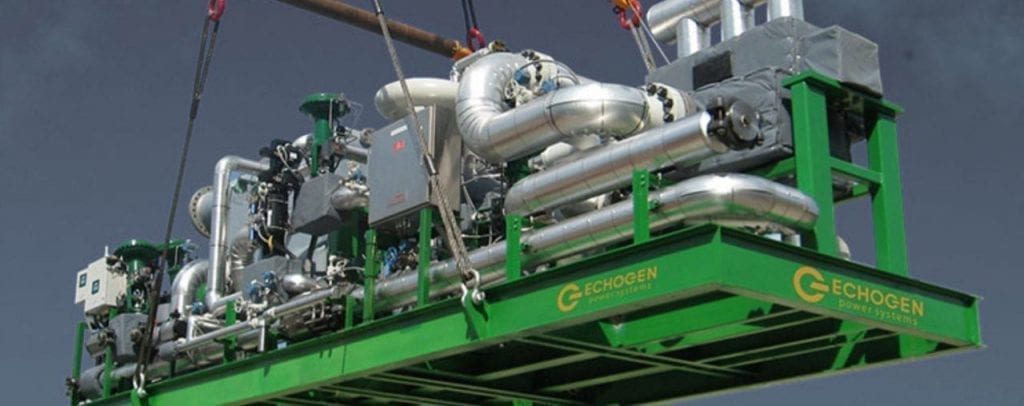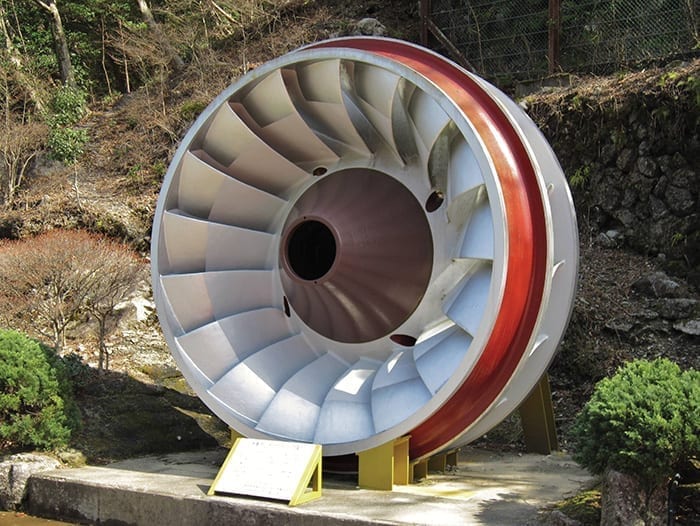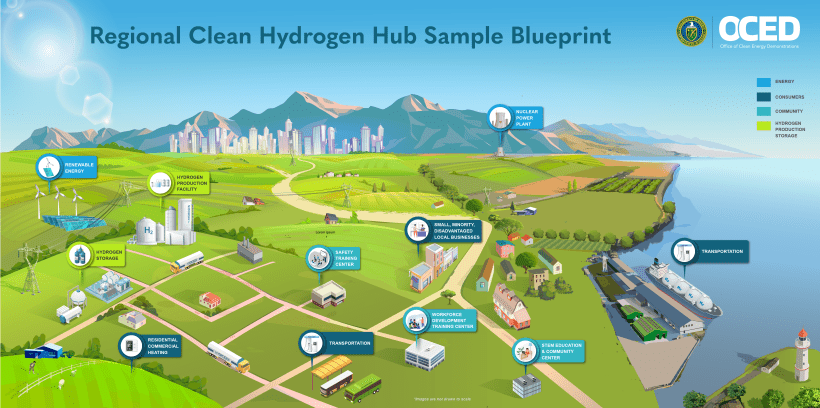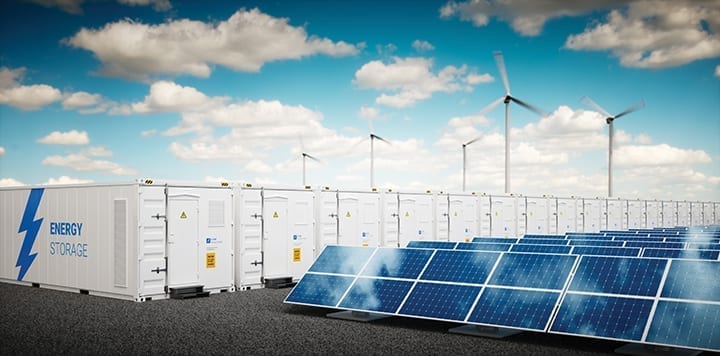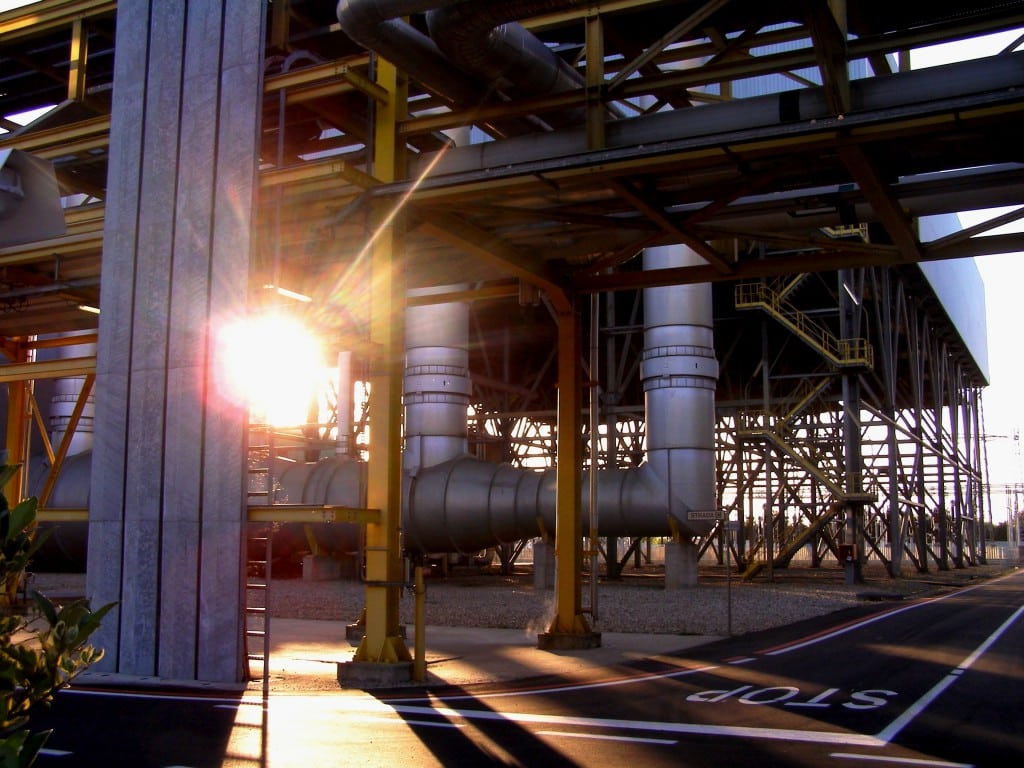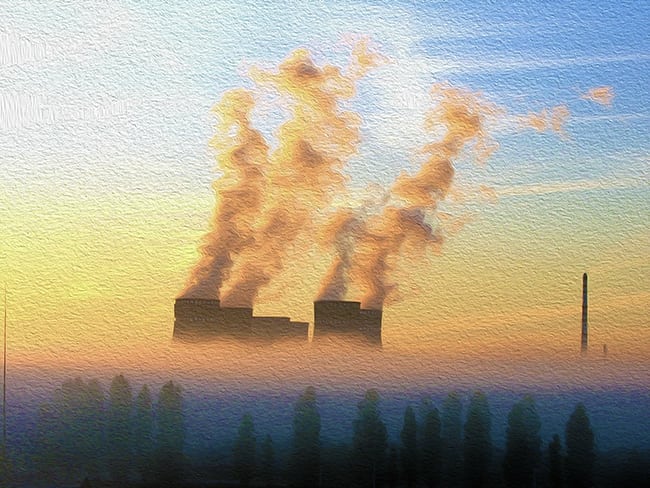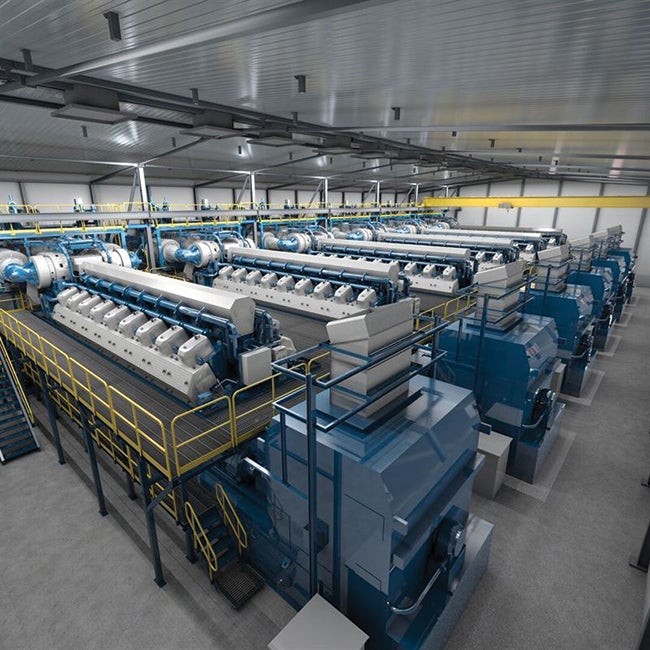Insiders have long been talking about the energy transition taking place within the power industry. Most of the chatter has revolved around renewable energy, specifically wind and solar power, and the shift from coal- to gas-fired generation in the U.S. However, one expert from the Electric Power Research Institute (EPRI) told POWER that carbon capture and hydrogen are the “most exciting” technologies he sees impacting the energy sector between now and 2050.
“The potential of carbon capture in this transition is going to be phenomenal. We have to figure this out. We have to deploy it,” Neil Wilmshurst, senior vice president of Energy System Resources with EPRI, said as a guest on The POWER Podcast. Wilmshurst suggested permitting may be the biggest hurdle standing in the way of carbon capture projects, and that it will likely take the work of an organization such as EPRI to overcome the obstacles. He said a group like his “going to the regulators and saying, ‘What are you worried about? What would stop you permitting carbon storage in your area?’ and doing the research to help enable those regulators to make an informed decision” could be a difference-maker in getting projects off the ground.
However, the costs associated with adding carbon capture to existing fossil-fueled power plants adds another layer of complexity. When asked about that aspect, Wilmshurst responded, “If you have coal assets or gas assets, they still produce CO2 despite all the improvements being made to them. If we’re going to have those assets actually returning their return on investment out beyond 2030, we need to address carbon capture. So, from my mind, one of the arguments for carbon capture is: we’ve already got some costs and infrastructure—the added cost of carbon capture—weigh those against the cost of shutting an asset down before its end of life. And that is maybe a discussion that isn’t actually thought about sometimes, that it’s not just the cost of the capture, it’s the stranded asset costs if we walk away from some of these gas plants.”
Furthermore, Wilmshurst suggested it would be very difficult to meet carbon reduction targets without utilizing carbon capture technology. “When you look at the infrastructure we have today and the options we have to get to 2050, it is a real challenge to see how the U.S. gets to 2050 [goals] without leaning in hard on carbon capture.”
Wilmshurst also expressed excitement around the prospects for hydrogen. “As you look at 2050, we cannot get to that zero-carbon target just by removing CO2 from the electric industry, we’ve got to actually remove CO2 from industrial processes, from domestic processes, and hydrogen and other alternative fuels like ammonia—they have a tremendous appeal in that discussion,” he said.
EPRI and the Gas Technology Institute (GTI) have partnered on a Low-Carbon Resources Initiative (LCRI) designed to accelerate development and demonstration of low- and zero-carbon energy technologies. Wilmshurst said the project involves a global discussion with tremendous interest from governments, utilities, research organizations, and philanthropic foundations as well. One thing to watch coming out of that initiative is what energy carriers, or energy vectors, are going to become most prominent by 2050. “It’s not going to be the same as it is now,” he said.
“What are ships going to be powered by? What are aircraft going to be powered by? What are industrial complexes going to be powered by?” Wilmshurst asked. “We’re seeing people talking about building new nuclear power stations. Traditionally, you talk about new nuclear power stations, they’re going to be connected to the grid, they’re going to generate 100% power 24 hours a day, and that’s their role. Now, we’re hearing people talk about producing hydrogen from a nuclear power plant and actually supplying that to industrial hubs. So, this whole change in the role of the energy sector in the next 20, 30 years is probably the most exciting thing out there.”
To hear the full interview, which includes much more about work EPRI is doing and challenges the power sector faces not only in the U.S., but also around the world, listen to The POWER Podcast. Click on the SoundCloud player below to listen in your browser now or use the following links to reach the show page on your favorite podcast platform:
For more power podcasts, visit The POWER Podcast archives.
—Aaron Larson is POWER’s executive editor (@AaronL_Power, @POWERmagazine).


